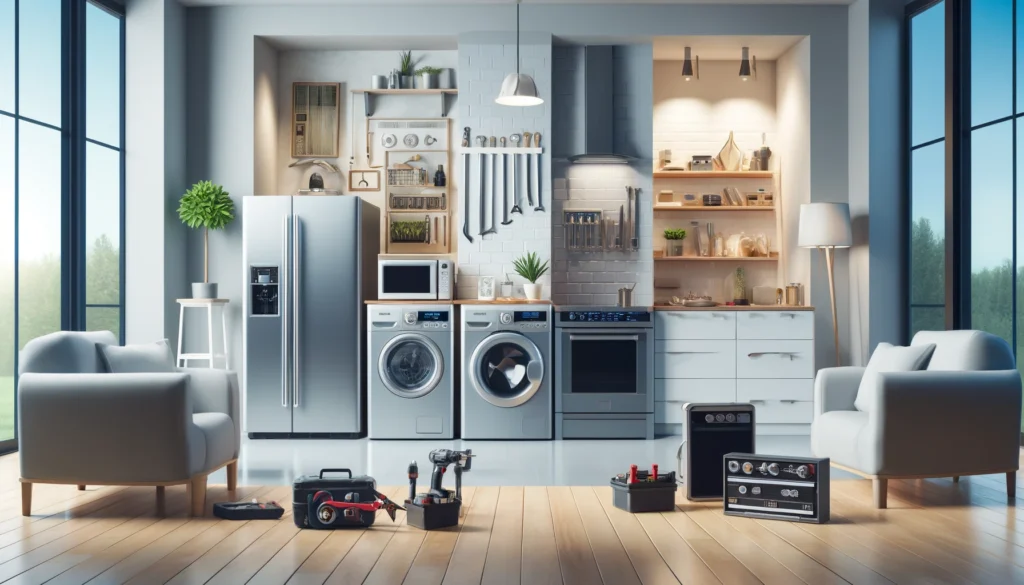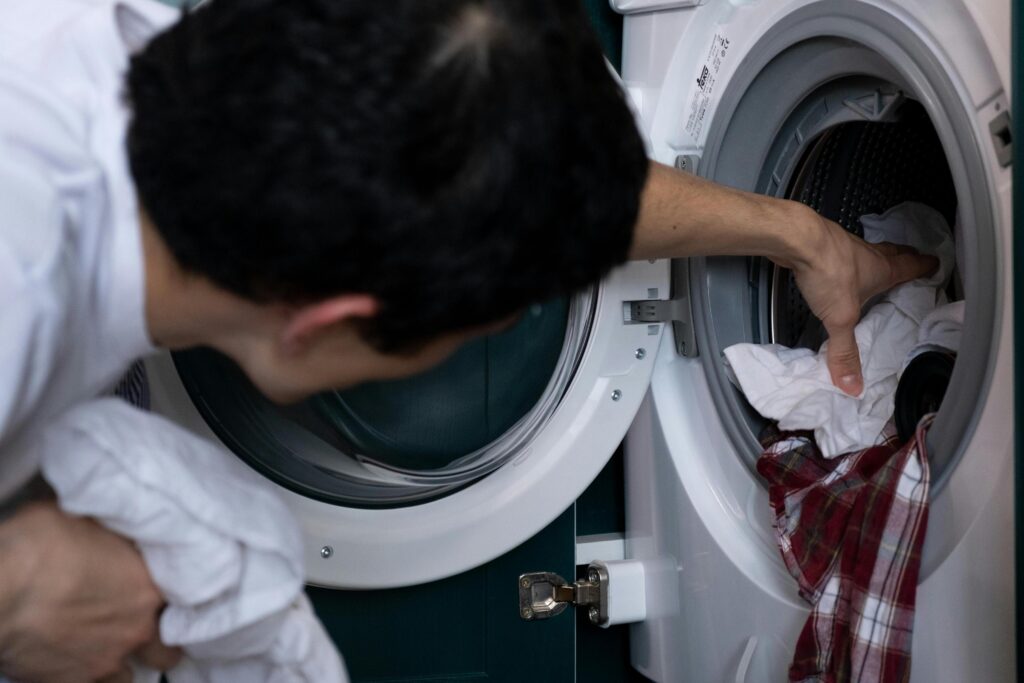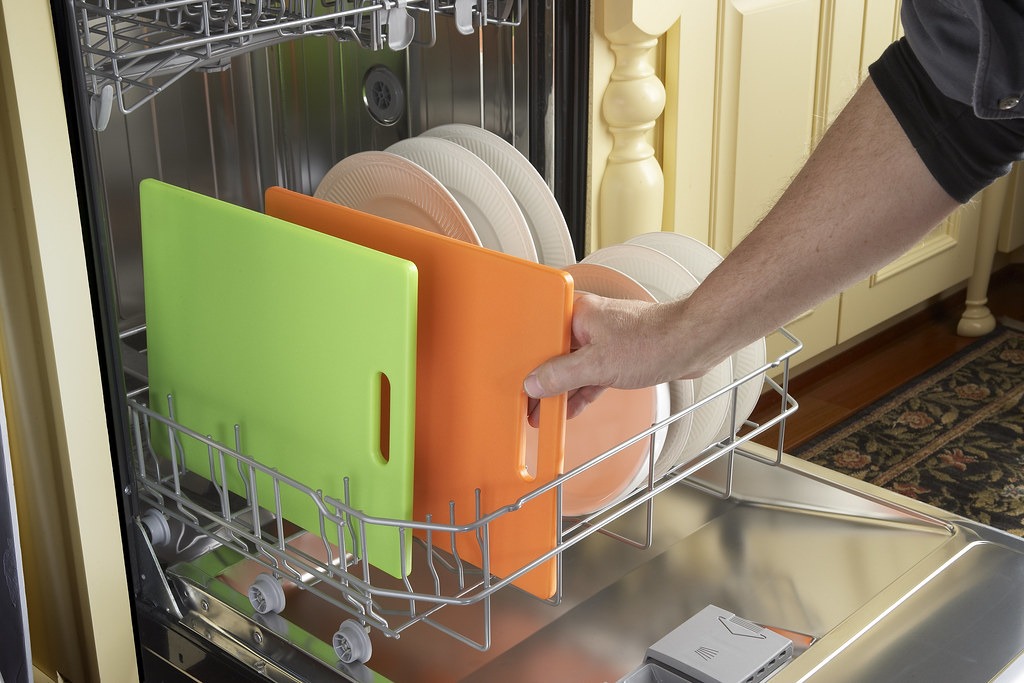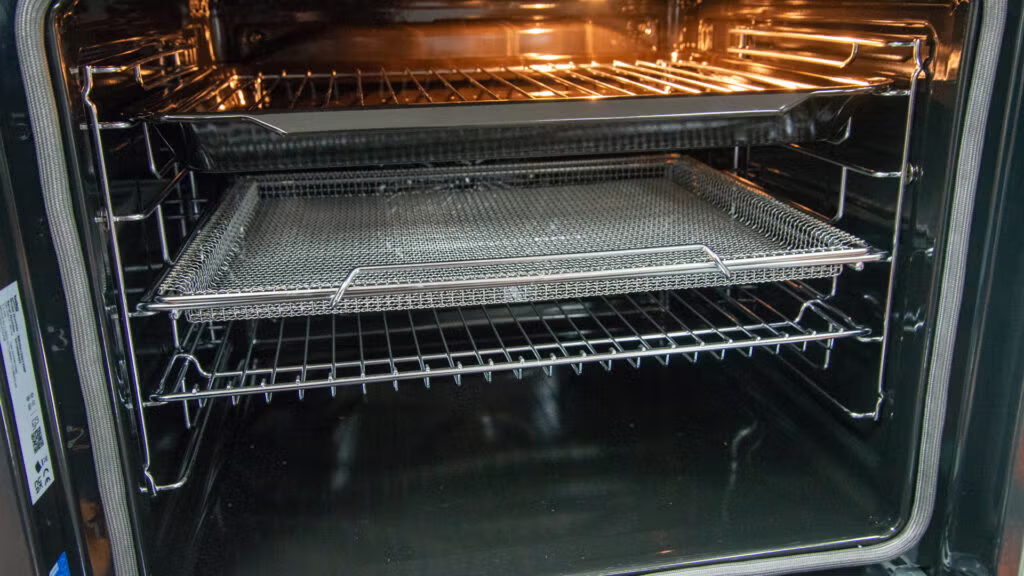When your home appliance malfunctions, you face an important decision: should you repair it yourself or call in a professional? Both options have benefits and drawbacks. In this guide, we explain the differences between DIY and professional appliance repair, helping you decide which option best fits your needs, budget, and skill level.

Introduction
Firstly, a malfunctioning appliance can disrupt your daily routine and lead to higher repair costs if not addressed quickly. Therefore, it is essential to understand the pros and cons of DIY repairs compared to hiring a professional service like Romano’s Appliance Repair. In this article, we will walk you through the key factors to consider, including cost, time, safety, and long-term benefits.
DIY Appliance Repair: Pros and Cons
Advantages of DIY Repair
- Cost Savings:
Many homeowners opt for DIY repairs to save money on labor costs. When you have the necessary tools and basic knowledge, you can handle minor repairs at a lower expense. Additionally, DIY repairs allow you to source replacement parts at competitive prices. - Convenience and Learning:
DIY repair gives you the opportunity to learn more about your appliances. By troubleshooting issues yourself, you gain valuable skills and insight into how your appliances work, which may help you prevent future problems. - Immediate Action:
When you fix small issues on your own, you can often resolve them faster than scheduling a professional visit. This quick action can minimize disruption to your daily life.
Disadvantages of DIY Repair
- Risk of Further Damage:
Without proper training, DIY repairs can sometimes worsen the problem. If you use the wrong tools or methods, you might damage the appliance further, leading to costlier repairs or even replacement. - Safety Concerns:
Working on electrical or complex mechanical systems can pose safety risks. If you are not confident in your abilities, attempting repairs yourself may expose you to hazards such as electrical shock or injury. - Time Investment:
DIY repairs often take longer than professional repairs, especially if you encounter unexpected complications. In many cases, the time you spend troubleshooting might be better spent on other priorities.
Professional Appliance Repair: Pros and Cons
Advantages of Professional Repair
- Expertise and Experience:
Professional repair technicians have extensive training and experience. They can quickly diagnose and fix problems, ensuring your appliance operates at peak performance. As a result, you benefit from high-quality repairs that extend the lifespan of your appliance. - Safety and Reliability:
When you hire a professional, you reduce the risk of injury or further damage to your appliance. Technicians use specialized tools and follow safety protocols, providing peace of mind throughout the repair process. - Warranty and Support:
Many professional repair services offer warranties on their work. This coverage protects you in case the repair does not hold, and it ensures that you receive ongoing support if issues arise later.
Disadvantages of Professional Repair
- Higher Costs:
Professional repair services usually come with higher upfront costs compared to DIY fixes. However, this investment often pays off by preventing future problems and ensuring long-term reliability. - Scheduling Delays:
In busy seasons or in emergency situations, it might take time to schedule a professional repair. This delay can temporarily disrupt your routine if the appliance is critical to your daily activities. - Less Control:
When you rely on a professional, you have less direct control over the repair process. While this can be a relief for some, others may prefer to handle issues themselves if they have the knowledge.
How to Decide Between DIY and Professional Repair
Ultimately, the decision comes down to several key factors:
- Complexity of the Issue:
If the problem is minor (e.g., cleaning a filter or tightening a loose connection), DIY may be appropriate. Conversely, for complex or electrical issues, professional repair is the safer and more reliable choice. - Your Skill Level:
Assess your experience and confidence. If you are comfortable with basic repairs and have the right tools, a DIY approach might work. However, if you are unsure or inexperienced, hiring a professional can prevent further damage. - Time and Convenience:
Consider how much time you can dedicate to a repair project. Professional services are typically faster, allowing you to resume your routine quickly. - Cost Considerations:
Weigh the potential cost savings of DIY repair against the risk of making the issue worse. Often, a professional repair can save you money in the long run by avoiding additional damage.
Conclusion
In conclusion, both DIY and professional appliance repair have their merits and challenges. By carefully evaluating the complexity of the issue, your skill level, time constraints, and cost considerations, you can make an informed decision. Remember that while DIY repair can save money, professional repair offers expertise, safety, and long-term reliability.
For expert assistance and reliable appliance repair services, contact Romano’s Appliance Repair today. Our certified technicians are ready to help you resolve any appliance issues quickly and safely.
- Phone: (561) 352-8870
- Email: romanosappliance@gmail.com
- Website: romanosappliancerepair.com




